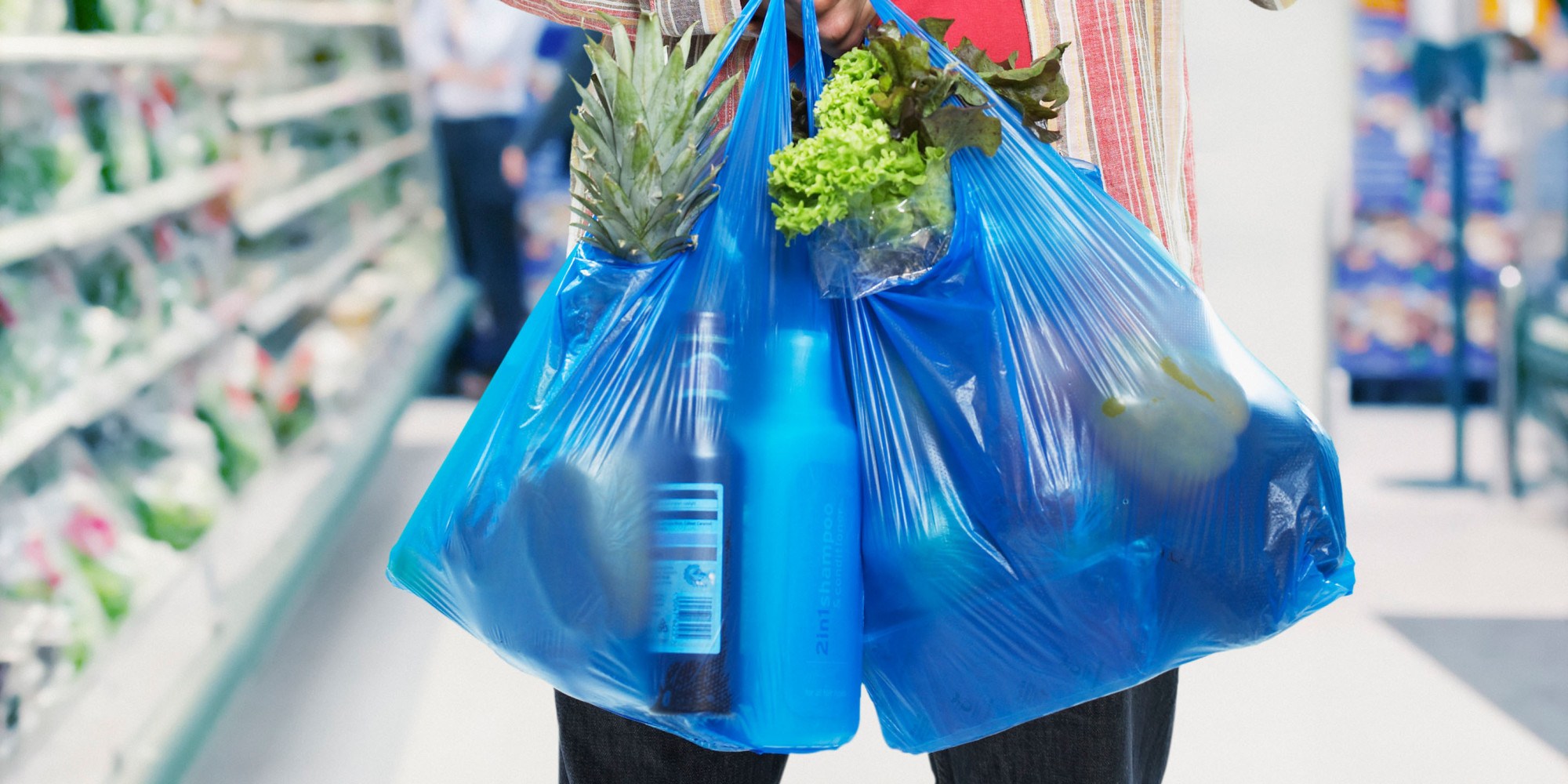
Environmental activists in St. Petersburg hope the ‘burg will soon become the second city in Florida to ban plastic bags.
Later this month, the St. Petersburg’s Energy Natural Resources and Sustainability Committee (ENRSC) will vote on a proposal to ‘ban the bag.’ If approved, the issue would be taken up by the City Council for consideration.
“Plastic bags are one of the most frequent items we remove from St Petersburg beaches, said Davey Connor, with the group Rise Above Plastics Coalition (RAP), at a news conference in Maximo Park Wednesday.
“We entangle them from mangroves, we pull them from sand dunes, we entangle them from mangroves, we fish them from inlets, canals and storm drains, but no matter how many enthusiastic volunteers we get on a cleanup day, or how many folks we convince to take their own reusable bags to the store, or how many businesses we convince to earn their certification as an ocean-friendly business, we’re still looking at thousands of plastic bags given out, thrown out and dropped in the street each day.”
St. Petersburg City Councilman Karl Nurse explained that the way that such proposals are usually written, retailers get approximately a year from the time of the ordinance’s passage to educate the public about the upcoming ban and to use up their existing inventory.
“It’s a little bit like curbside recycling, which for a decade we were told was impossible in St. Pete,” Nurse said about the possibilities of enacting a ban. “And now about 60 percent of people participate every week. The world is not your garbage can.”
In May, Coral Gables became the first municipality in Florida to pass a ban on plastic bags. The ordinance prohibits plastic bag use by retailers in Coral Gables and at city special events. It does provide for exceptions, including plastic bags shoppers provide, plastic bags without handles, bags used to hold prescription medicines at a pharmacy or veterinarian’s office, dry cleaning bags, pet waste bags, yard waste or trash bags and newspaper bags.
Violators would be warned first, but then could be fined, starting at $50 and increasing to $500 after a third violation in a one-year period.
The Florida Retail Federation sued Coral Gables last year after the city banned Styrofoam, but the ordinance was upheld by a state court. It’s now being appealed to the Third District Court of Appeals.
In 2008, the Legislature made Florida the first place in the nation to prohibit communities from banning the distribution of plastic bags.
It was around that time cities from around the country began enacting such bans. In some cases, however, there’s been a backlash, and they’ve been forced to refine the ordinances. Chicago, for example, changed it to a checkout tax. Sante Fe and Washington D.C., have also imposed 10-cent taxes to use plastic bags.
Last November, California became the first state in the country to enact a statewide ban on single-use plastic bags. The restrictions apply to large food retailers, pharmacies, corner markets and liquor stores but not restaurants or department stores. Businesses can still offer paper bags and thicker plastic bags as long as they charge at least 10 cents for each of those items.
On Wednesday, Tacoma, Washington became the latest city to enact such a ban. Customers can bring in their own reusable bags, or pay 5 cents for a paper bag from the store.
“If the public speaks up,” Nurse said, “I think this is something that is doable.”
The ENRSC Committee will discuss the issue at 3:30 p.m. Thursday, July 27.



